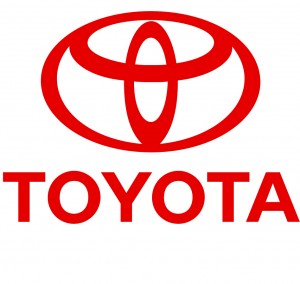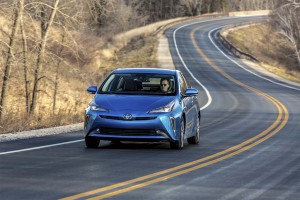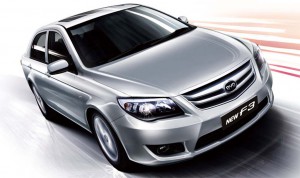
Toyota entered into an agreement with Chinese automaker BYD to develop new EVs and batteries for vehicles in China.
Toyota Motor continues to expand its electric vehicle battery development capability in China by partnering up with Chinese EV maker BYD Co. Ltd. The move is another step toward Toyota’s plans to expand its EV sales in the world’s biggest EV market.
In a joint statement, Toyota and the Chinese electric automaker said Friday that they would develop sedans and sport-utility vehicles, which would then be sold under the Toyota brand in China before 2025, according to Reuters.
It’s the second such deal this this week by the Japanese automaker. Toyota reached a deal to team up with China’s Contemporary Amerex Technology Co. Ltd. (CATL) to supply and develop batteries.
The automaker has been on a bit of a run when it comes to electric vehicle development. While it was the first to market with a viable electric hybrid, the Prius, it has since allowed other automakers to pass it when it comes to battery-electric vehicles.
(Toyota Speeding up EV Program; Partnering with Subaru on New Platform)
In early June, company officials said the largest Japanese automaker plans to speed up development of plug-ins and pure battery-electric vehicles, or PHEVs and BEVs, so that electrified vehicles account for fully half of its global sales by 2025.
That would be five years ahead of Toyota’s original timetable and reflects the broader industry transition that sees major competitors like Volkswagen and General Motors rapidly accelerating their own electrification efforts.
One of the ways Toyota hopes to get there will be through a new partnership with Subaru that will see them working together to develop a new, dedicated BEV platform.
(Toyota, Denso Sign Development Agreement for Semiconductors)
That said, there could be some obstacles to achieving Toyota’s accelerated target, starting with the challenge of kick-starting demand. Executive Vice President Shigeki Terashi pointed to another concern during a media briefing, warning, “there may be a gap between the amount of batteries we can produce, and the amount of batteries we may need.”
This means it is looking beyond Panasonic Corp, its long-time partner in battery development, to secure supply. Toyota has broadly hinted that it would like to leap to what is seen as the next-ge
n technology, dubbed the solid state battery, but few expect that to become commercially available until mid-decade, at the earliest.
Competitors, such as archrival Nissan, have been racing ahead. Volkswagen, in particular, plans to have about 50 different BEVs alone by mid-decade, with its first three long-range models, the VW ID.3, the Audi e-tron and Porsche Taycan, either already on sale or coming to market within the next year.
(Toyota Announces New Features for 2020 Model-Year Line-up)
Even Mercedes-Benz is racing into the field, with 10 global plug-ins already available and 10 BEVs to come. The luxury automaker last month began taking orders for its first long-range model, the GLB crossover.


